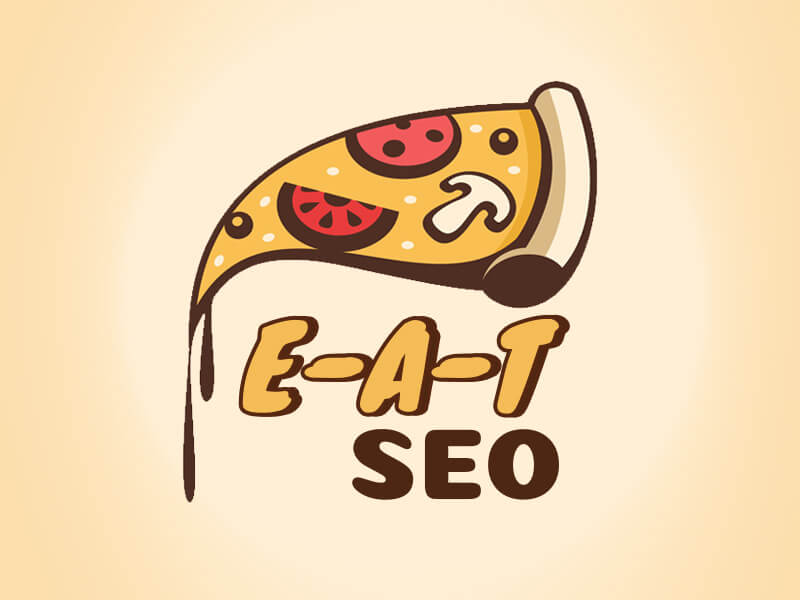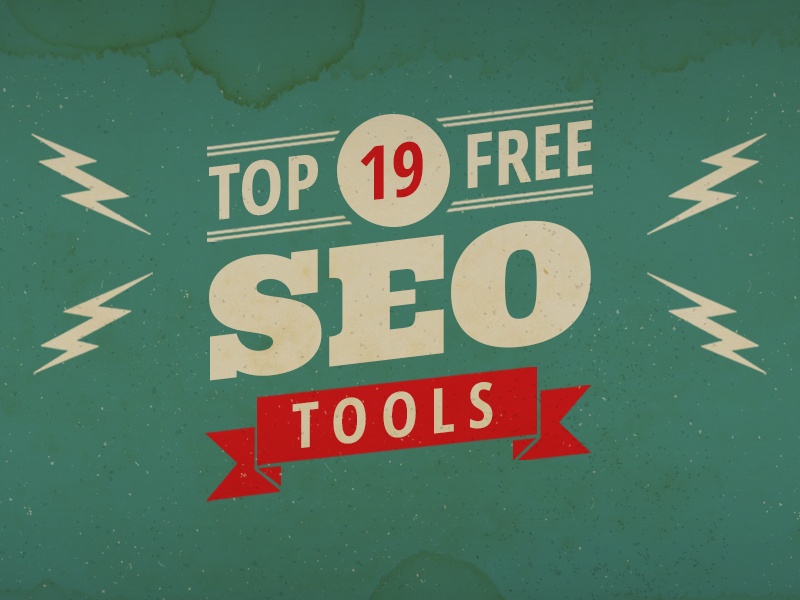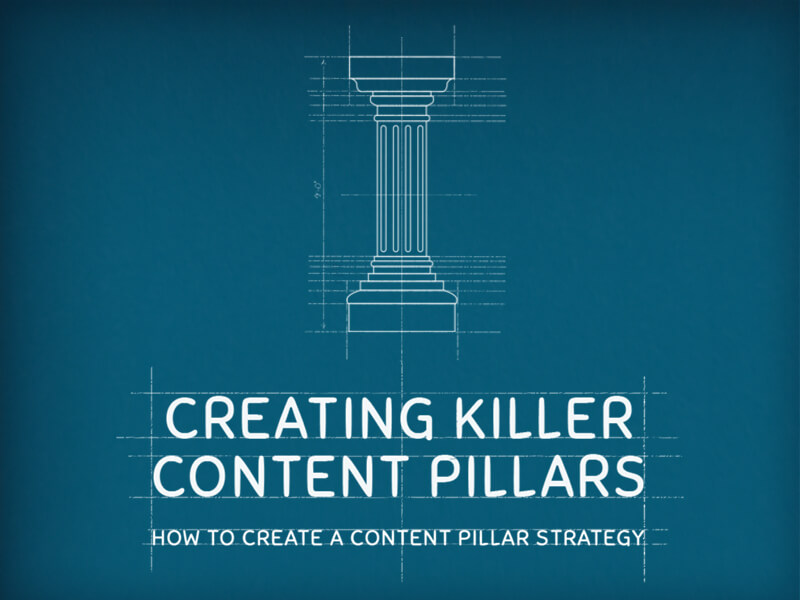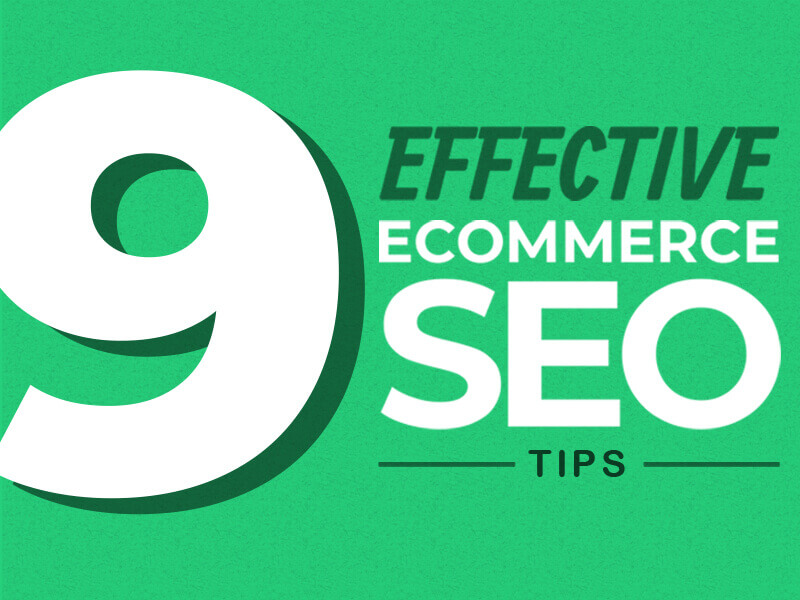What is E-A-T SEO?
E-A-T SEO stands for Expertise, Authoritativeness, and Trustworthiness (E-A-T) Search Engine Optimization (SEO).
E-A-T, a guiding framework for high-quality content, was first introduced in 2014 and received further emphasis in their “Search Quality Guidelines” in late 2018.
E-A-T at a Glance
Expertise: Represents a person with comprehensive knowledge on a topic. Your content must demonstrate professional experience and knowledge about the topic.
Example: A verified professional writing a blog post.
Authoritativeness: Clearly demonstrate you are an expert and display the creator’s authoritativeness of the main content (MC).
Example: Displaying the author credentials, job title, bio and relevant experience.
Trustworthiness: Demonstrate trust signals to the user. Show users they can have confidence in the content creator. Instill confidence that the MC people are interacting with is safe.
Example: SSL, HTTPS, easily visible contact info, professionalism.
E-A-T-ing SEO
Websites or webpages lacking beneficial purpose, naturally experience poor search performance. These pages are often created strictly for a money-making purpose, to cause harm or deceit searchers, or are deemed to provide little value to users.
Outside of these low-quality pages, valuable content is held to a strict evaluation and the degree of E-A-T garnered becomes increasingly important.
“Keep in mind that there are high E-A-T pages and websites of all types, even gossip websites, fashion websites, humor websites, forum and Q&A pages, etc.” (Google Search Quality Guidelines).
Expertise
Exhibiting expert knowledge in your field.
These are the content creators who are considered to be the most credible in their industry.
According to Google’s search guidelines, there are two primary types of experts:
- Formal Expertise
Relates to individuals that are considered professionals and have verified expertise or accreditation.
This is particularly important for webpages in the medical, finance and legal sectors, as the information provided could seriously harm the user if it is inaccurate.
- Everyday Expertise
Describes individuals demonstrating expertise based on their life experiences.
Everyday expertise as defined in the Google search guidelines:
“If the person creating the content has the type and amount of life experience to make him to her an ‘expert’ on the topic, we will value this ‘everyday expertise’ and not penalize the person/webpage/website for not having “formal” education or training in the field.”
(Google Search Quality Guidelines).
Establishing Expertise
Establishing expertise starts with your content team.
As a business owner, you can build a team internally, outsource to freelancers, or employ an experienced content marketing agency. The best option for your organization depends on your available resources and long-term goals.
Appropriate resources are used to ensure factually accurate content and professionalism to ensure that users reach their desired outcome.
Authoritativeness
Involves displaying the content creators’ credentials as an established authority on the topic.
Authoritativeness relates to the individual who created the MC, the webpage and the website as a whole.
Showcase authority by displaying the author’s:
- Professional title
- Certifications
- Short bio
- Photo
- Link to official website
- Link to full bio
When it comes to “everyday expertise,” the author’s professional credentials are not as important. The search guidelines reference a forum participant who shares their experience of a loved one with liver cancer. The guidelines state, “This is an example of sharing personal experiences (in which they are experts), not medical advice.”
Low quality websites lack the appropriate level of authority to be considered a proper resource. For example, medical advice provided on a sports news website. Even though the website may be an authority in the sports world, it lacks the authority to be considered a trusted source in medicine.
Reputation
When it comes to authority, reputation applies to both your website and your company.
Your reputation is based on real customer experiences. Google looks to external sources for authentic representations of your business. These sources include review-based websites like Google My Business, Better Business Bureau and Yelp.
What’s important to note here, is that the number of reviews are crucial, along with the context of what is written. Credible, detailed reviews are more potent than a customer who had a single unpleasant experience with a sales representative.
Beyond reviews, Google is digging for other references about your business including, recommendations from trusted experts, news articles, awards, and any other credible information uncovered about your website. For some industries, where experts are not clearly defined, user engagement and popularity are considered evidence of reputation.
Trust
Trust factors the integrity of your content, website and business.
You can display trust on your website by having:
- A secure website (HTTPS Migration Guide)
- Easily accessed
- Contact information
- A thorough about page
- Team photos
- Links from credible websites
- Links pointing to authority sites
- A privacy notice and terms & conditions
Some of these suggestions may seem obvious, but at the end of day, creating trust is all about making your users feel safe.
Prominently displayed contact information allows users to gain trust by feeling confident that they can speak with an actual person, if needed.
Your about page lets visitors know who you are and what you’re all about.
Featuring images of your team, helps users feel safe by putting a face to your company.
These little things all add up and help your website become a trusted resource.
Wrapping up
E-A-T SEO is a process.
An ongoing process constructed over time, and not something you can quickly fix, create or establish.
The first step is simple.
Put your users first.
By placing your users first, you commit to creating credible, accurate and trustworthy information that is displayed in a safe environment.
Hold to that commitment and you’ll find more coveted results from your content marketing and SEO efforts.







This E-A-T concept in SEO is new catchy term unheard anywhere ever. Very important things Expertise, Authoritativeness and Trust presented very creatively with a clear cut intention( finding more results).
Thank You Paul
Thanks for reading Vivek. Glad you enjoyed the post!
A Big Thanks to you Paul, Newbie like me doesn’t know about this concept. E-A-T is the factor of google’s algorithm which means a lot in SEO.
It helped a lot me to understand SEO more this morning. Looking forward to have more such blogs.